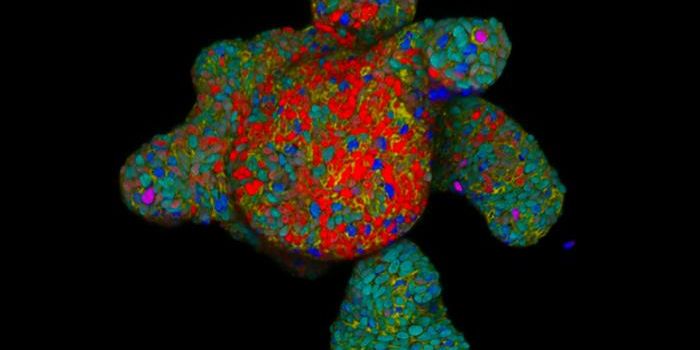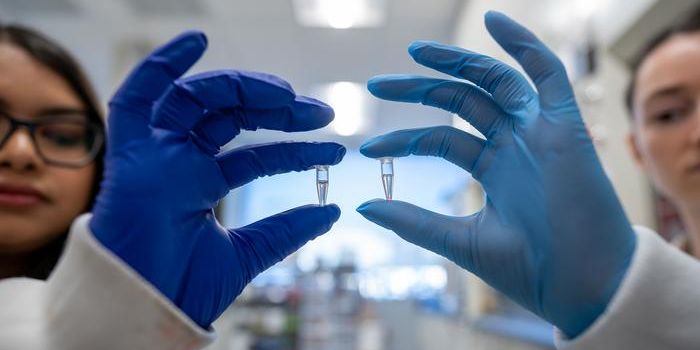Tech Offers a Brighter Tomorrow for Difficult-To-Treat Epilepsy Patients
It's difficult for neurologists to predict which patients living with epilepsy will respond to anti-seizure medicines and which won't. Some studies suggest that around a third of adult patients and 20 to 25 percent of children with epilepsy fall into the 'drug resistant' category—the frequency and intensity of their seizures don't respond to treatments.
Understandably, not knowing the most effective therapeutic path is frustrating for both patients and physicians alike. However, researchers at Rutgers University believe the light at the end of the tunnel comes in the form of a new computational platform. The technology analyzes both electroencephalogram (EEG) data and doctors' observations to help predict the chances of a patient responding to anti-seizure treatments.
In a study reporting their findings, the technology developers say the new model has an accuracy rate of 80 percent.
Over 3 million people live with epilepsy in the U.S., a condition where abnormal brain activity triggers blackouts, unusual behavior, and seizures. In their study, the team validated their predictive model in a cohort of 118 drug-resistant epilepsy patients and 114 responding to their medications. The participants were being treated across five epilepsy centers in the U.S. and Australia between 2002 and 2018.
Based on their findings, the authors suggest that clinicians obtain EEG readings and, potentially with the help of computational platforms, overlay clinical observations to make more informed treatment strategies for their patients. In particular, those who are at an increased risk of having drug-resistant epilepsy should opt for more aggressive treatment strategies upfront for better clinical outcomes.
"To improve understanding of a patient's prognosis, clinicians could consider asking about specific seizure-type combinations and track whether they experience catamenial epilepsy," wrote the authors.









